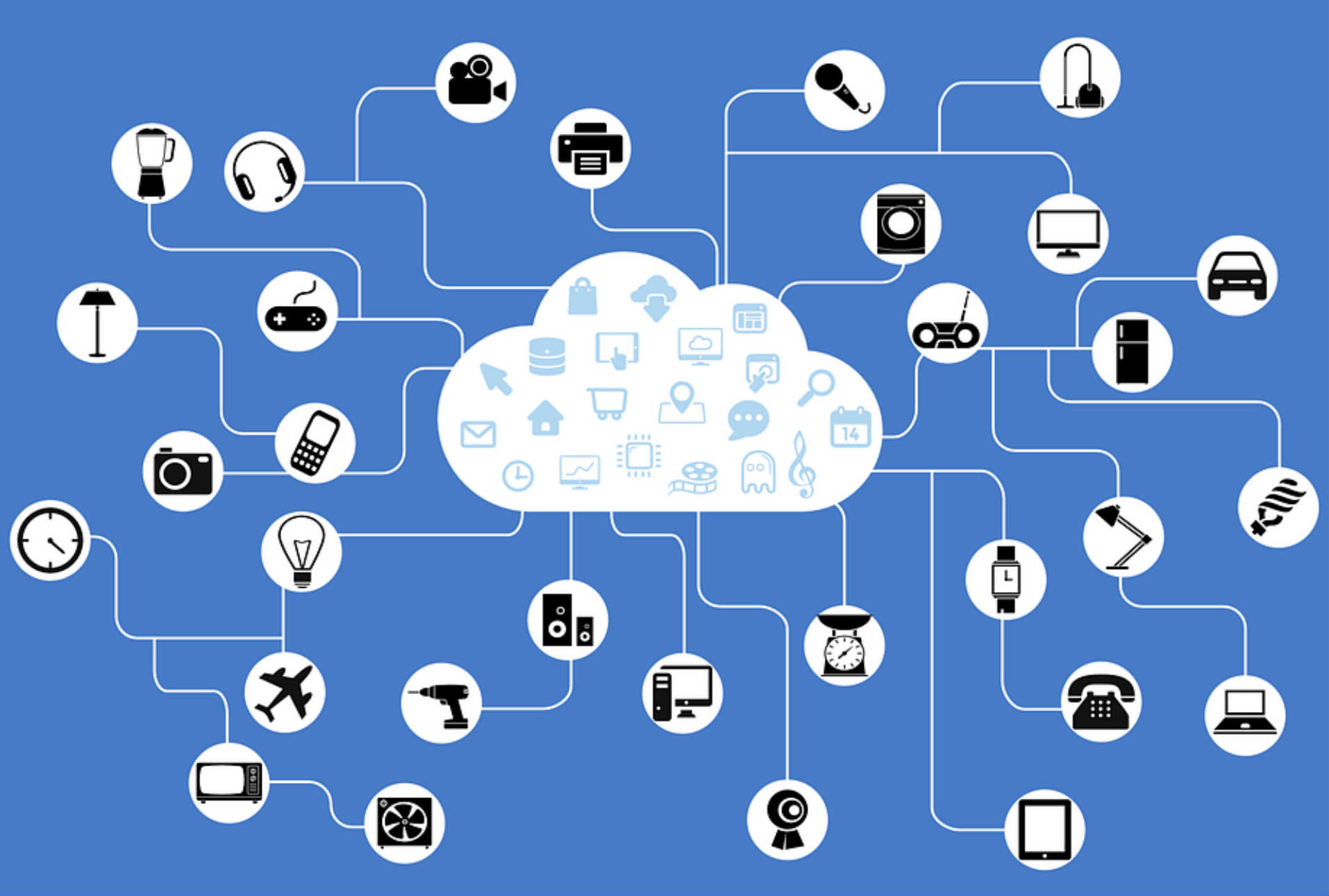
We’re currently on the verge of the greatest human evolution possible. Where the shift is from Information Age to the Digital Age. Where intelligent devices can feel the presence of human and ask accordingly.
This phenomenal shift is due to a person’s desire to create efficiency, specifically with everyday tasks to automate the process. Additionally, the costs that are associated with these devices is no longer prohibitive, so companies of all sizes can bring products to market.
Many people laughed when in the year 2014, John Chambers mentioned, Cisco CEO mentioned “Internet of Everything” as a potential market of around $17 trillion, plus it will take over the whole market in the next 5-10 years. Two years down the lane and Chambers phenomenon came true in the form of the Internet of Things(IoT).
Although the shift from the Internet of people to the Internet of Things(IoT) initiated a new breed of innovation, on the other hand, there is even a greater chance that sensitive personal data is available online for anyone to access. Whether be it our health records, or family information or even our daily activities, we are all wired up with IoT.
The bad news is that with according to a survey by McKinsey cost of ineffective cyber security will rise up to $3 trillion by the year 2020. Given that the devices connected with humans will reach to 20.8 billion by the year 2020, there is a huge amount of risk associated with it.
Data has an entire lifetime
Throughout the 90’s, everyone was focused on data in motion – that is communication between two parties. However, companies have realized that with the advancement of data, there is a greater chance of data breach within the companies.
What we need is to consider data as for the entire lifecycle, not just when being transmitted among out devices, which becomes meaningless if the device itself is compromised.
For now, data is not just for a day, or a decade, it is for a lifetime. Whatever you do or store over the internet stays there forever. Whether be it your customer data, your personal information, or even your business secrets.
Considering the above, you need to make the necessary changes as per the advancement of the there comes a strong breed of hackers that can take your data and use it for their benefit.
Personal does not mean secure
It is a clear deceptive assumption that machines have data that is secure over the internet. Information security has three components:
Confidentiality: Here the data is restricted & protected.
Integrity: It is assured that there is no compromise on data & information.
Availability: Those authorized to access this information can do anything with the data.
There are some major security protocols you can make to strengthen your security – encryption, firewalls, tokens, and two-factor authentication – we need to target data confidentiality, secured barriers against unauthorized access and developing effective business dashboard.
But machines, have their own protocols, software, rules & exposed APIs will have exposed vulnerabilities.
What will happen when the data will have these weak points and breach points that will surely compromise the security.
The integrity
Unfortunately, there is not even a single security expert that think that we can build IoT networks without vulnerabilities. For that, we need a new approach. We need to know how is data changing and what can we do to stop the breach.
This is called the integrity issue – and it should be focused on modern security where everything relates to everything.
Data integrity is a different subject. Schemes such as scalable provable data possession (SPDP), the blockchain, and Merkle hash trees, and dynamic provable data possession (DPDP) are great places to start off your research.
To scale these technologies, we can make them reliable for the large networks. For this, we need to train our team how to tackle these types of issues.
To wrap it all up
The Internet of things(IoT) is not a new thing anymore. With great data comes greater responsibility to encrypt that data and save it from the eyes of the hacker.
Whether you’re an individual or a company that is struggling on the road to success, you need to secure your data. You need to develop strategies that can prevent you from great loss.
Avots: ReadWrite